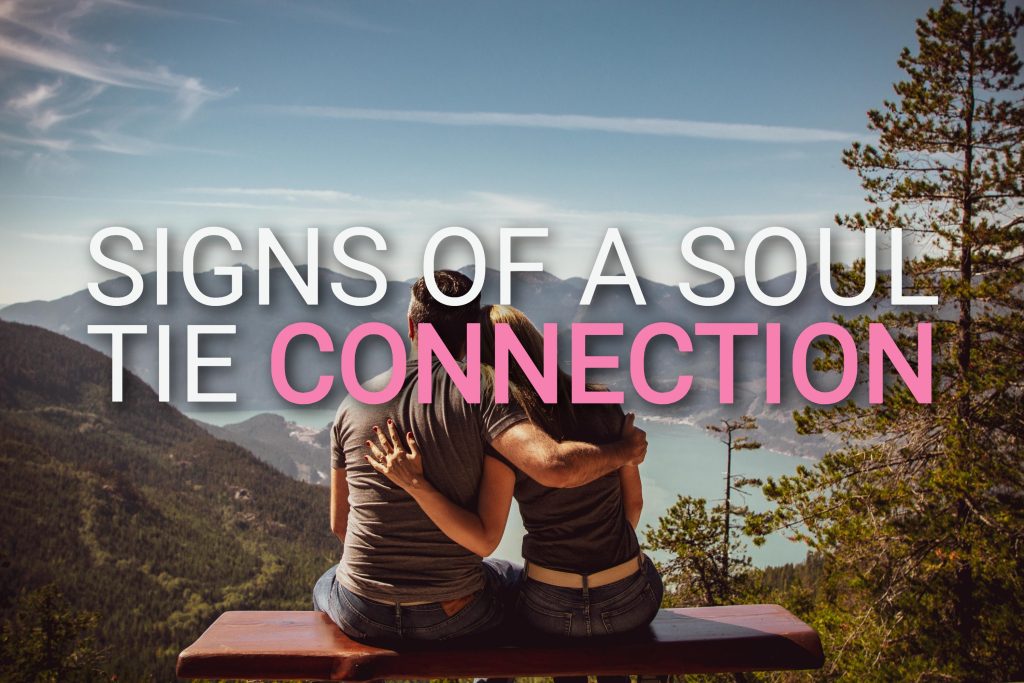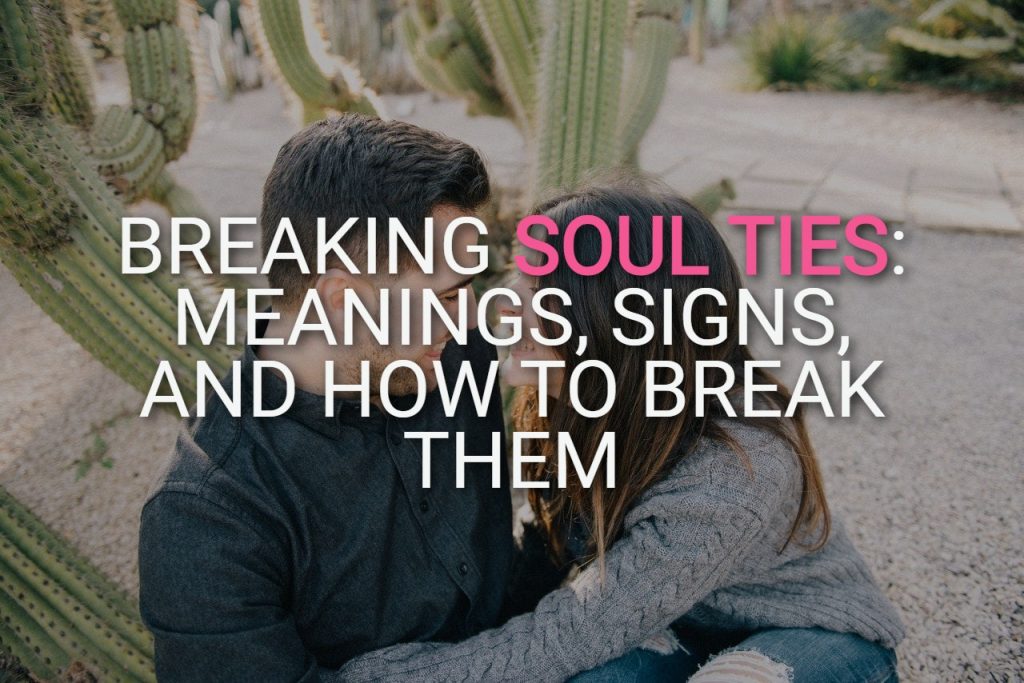Understanding soul ties means seeing how they really shape our personal and spiritual lives. These aren’t just regular relationships; they touch us deeply and can change our lives and feelings.
When we form soul ties, we create a special bond that can lead to significant changes. But it’s not all good—some soul ties can drag us down unless we handle them carefully.
To deal with them smartly, we need to understand what they’re all about, where they come from, and how they affect us. By getting to the heart of soul ties, we can better manage our connections and move toward more complete personal and spiritual growth.

What Are Soul Ties?
Definition and types
Soul ties are deep connections between people that go beyond regular relationships. They can be emotional, physical, mental, or spiritual.
- Emotional soul ties come from deep feelings and shared experiences, making you feel close and understood.
- Physical soul ties happen through touch or intimacy, creating solid bonds.
- Mental soul ties are about sharing ideas that really make you think.
- Spiritual soul ties connect you through common beliefs or spiritual practices, helping both grow spiritually.
Each type shapes how we relate to others and grow personally.
Understanding the difference between soul ties, soulmates, and twin flames
When exploring deep connections, it’s crucial to understand the differences between soul ties, soulmates, and twin flames. Soul ties are strong emotional links that form through meaningful relationships. They can be either supportive or harmful.
Soulmates, however, are often seen as perfect matches for each other, bringing a sense of completeness and unmatched harmony.
In contrast, twin flames aren’t just any romantic or platonic partner. They’re considered your mirror soul or the other half of your soul. This idea is deeply spiritual. It suggests that twin flames are meant to find and connect.
This connection is not just about romance; it’s about pushing each other towards unique spiritual growth and facing challenges together.
Knowing these differences can help you navigate your relationships and understand their effects on your life.
Signs of a Soul Tie Connection

Romantic vs. unhealthy soul ties
Soul ties come in two main types: the good kind found in romantic relationships and the unhealthy kind that can drag you down. Romantic soul ties help both people grow. They provide support and make you feel deeply connected and happy.
On the other hand, unhealthy soul ties can be pretty bad. They might make you act obsessively, depend too much on someone else, or let someone manipulate you. These unhealthy ties can always make you feel uneasy, hurting your self-esteem and independence.
It’s super important to figure out what kind of soul tie you have. If you feel trapped or constantly worried about making the other person happy, that’s a red flag. Those feelings greatly contrast the safety and mutual respect you find in healthy romantic relationships.
Paying attention to these feelings helps you keep the good relationships and cut ties with the bad ones.
Signs of a romantic soul tie connection
Recognizing a romantic soul tie means feeling a deep emotional connection and growing together spiritually with your partner. This kind of connection usually comes with a strong, almost magnetic pull and feels like you’re meeting a long-lost part of yourself. Partners in such a relationship often understand each other deeply without saying much. They share emotions and thoughts effortlessly.
The relationship helps both people feel supported and encouraged to grow. It’s common to think about your partner a lot, want to talk all the time, and feel strongly affected by their mood and needs. This shows just how deep the connection goes.

Breaking Soul Ties
Identifying and breaking ungodly soul ties
Breaking ungodly soul ties means really getting to know your spiritual connections and their potential negative effects. Often, these ties come from relationships that prevent you from feeling spiritually fulfilled. You might notice them through constant thinking about someone, depending too much emotionally, or feeling stuck in your personal and spiritual growth.
To spot these ties:
- Take a close look at your relationships.
- Ask yourself how they match up with your values and beliefs.
- Pay attention if you often feel unfulfilled or spiritually uneasy because of these connections.
Cutting these ties isn’t about ending relationships suddenly. It’s more about adjusting your spiritual journey and priorities. This helps you build healthier, God-focused relationships.
Steps to breaking soul ties
To break soul ties, you need to start by admitting they’re there. Realize this connection affects you and decide you’re ready to deal with it.
Next, consider how this bond has impacted you, or talk it out with a therapist. This step is about understanding your feelings and clarifying what the soul tie means to you. Then, it’s essential to draw the line. You might need to set strict boundaries or cut ties completely to stop any more emotional mix-ups.
Conclusion
Understanding and dealing with soul ties is crucial for personal and spiritual growth. Soul ties, good or bad, profoundly affect our lives and relationships.
To keep our emotional and spiritual health in check, it’s important to spot the signs of unhealthy soul ties and take action to break them. This might mean looking inward, setting clear limits, getting professional advice, and following spiritual practices.
Breaking free from harmful soul ties helps individuals regain control of their lives, grow personally, and build healthier relationships. It’s a path to healing and becoming whole, helping us connect more with ourselves and stay true to our values and beliefs.
Visit TheBadPod.com for more articles on relationships.
Ryan Dunn has a bunch of certificates on his desk. A few are awards for content production and marketing. Ryan still seeks to achieve. He would like to be a faster runner and higher jumper. He wants to read more books while somehow watching all the Cubs games possible. He would like to produce more written words–though not in this bio.


